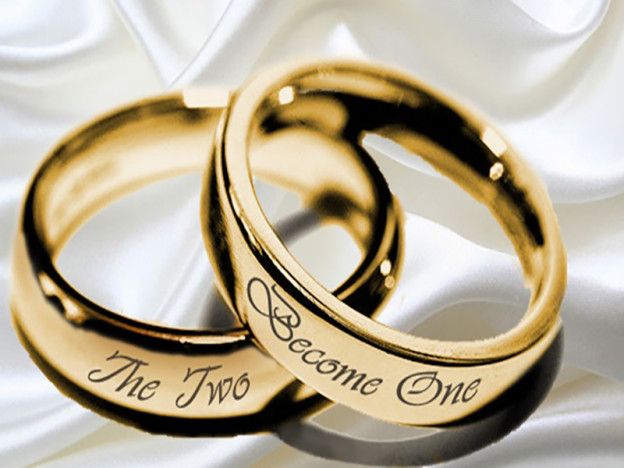 Sexuality dots the political and theological landscape. There’s a current unwritten cultural code condemning any effort defining boundaries for sexual behaviors. When the church enters the conversation, it is often labeled political. When certain behaviors are identified as good and appropriate, we’re narrow minded. When certain expressions are defined as inappropriate or sinful, Christians are labeled as hateful and bigoted. That’s unfortunate.
Sexuality dots the political and theological landscape. There’s a current unwritten cultural code condemning any effort defining boundaries for sexual behaviors. When the church enters the conversation, it is often labeled political. When certain behaviors are identified as good and appropriate, we’re narrow minded. When certain expressions are defined as inappropriate or sinful, Christians are labeled as hateful and bigoted. That’s unfortunate.
Defining sexuality had been a part of Christian teaching since the beginning. If sexuality was a part of the message then, shouldn’t it be a part of the conversation now? Why should it be deemed irrelevant or off limits? Jesus talked about it. Paul addressed the subject in Rome, Corinth, Thessalonica and Ephesus. He promoted purity defining appropriate expressions. In the effort to define what He viewed as beneficial, Paul often illustrated by mentioning prohibitive behaviors. That’s where so many people get stuck. We’re seeking permission and affirmation, not prohibition.
The New Testament affirms celibacy in singleness and faithfulness to one’s spouse in marriage. The New Testament also affirms marriage as between one man and one woman. Sexual intimacy is to be expressed within the boundaries of marriage. Anything else is considered immoral and sinful. Sin means to miss the established mark. One’s unwillingness to conform to an ethical or accepted code is immoral.
Why is sexuality such a polarizing topic? There are many reasons, but I’m going to suggest two:
We are a part of a sexually broken culture. As a whole, we’ve disconnected from the original intentions of our sexuality. We are the result of previous generations and our degraded tolerance. A past proliferation eases a modern day acceptance and practice. We’ve been shaped by generations of adultery, premarital sex, pornography and prostitution (whether heterosexual or homosexual). We’ve been wounded and broken by our own experimentation, practice and acceptance. Our hope is found in healing and our willingness to reconnect with the original design.
We live in a individualistic culture. What is good, right and acceptable is defined by self. In other words, in the basic sense, I decide what right for me. Yet, we are designed to live in community, in relationship with one another. As a community, we share a responsibility to define what is good, right and acceptable. Individualism is self seeking; community seeks the common good. Here lies the problem, we’ve defined sexuality from individualism rather than through collective community. Individualism has even tainted our theology. For example, take the doctrine of the priesthood of the believer. Taken to an extreme, it discounts the believers’ priesthood. While we are individually responsible to God, we share a responsibility as we relate to one another in a community of faith. In other words, it more than just me. I am but a part of the whole.
Sexuality ought to be a part of the Church’s conversation. There’s a responsibility to paint again the picture of God’s intent. We’re a broken culture of individualists. It’s time for healing. Not everyone is going to like it; not everyone is going to agree. But, that’s okay. The goal isn’t acceptance or prohibition, but intent.
And of course, the conversation isn’t all about sexuality. It’s about Jesus and His redemptive work. He came to restore, heal, transform and to give life.




Amen. Thank you for speaking the truth in love.